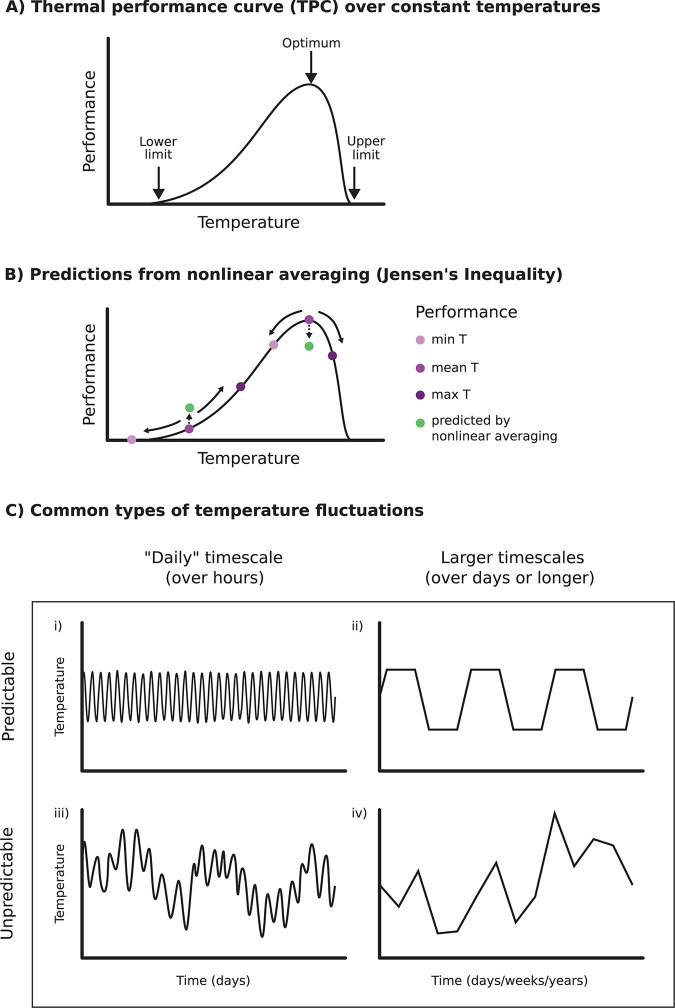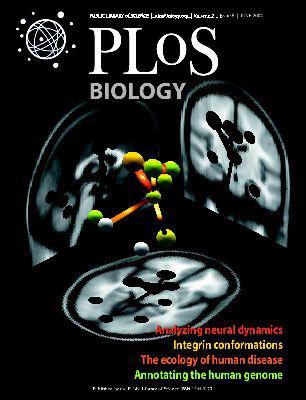气温的波动对疾病的传播有着惊人的影响。
IF 7.8
1区 生物学
Q1 BIOCHEMISTRY & MOLECULAR BIOLOGY
引用次数: 0
摘要
理论预测,温度波动会降低生物体接近热最佳状态的性能。《公共科学图书馆生物学》的一项新研究发现,波动反而增加了寄生虫的传播,这突出了气候变化将如何影响传染病的问题。本文章由计算机程序翻译,如有差异,请以英文原文为准。

Fluctuating temperatures have a surprising effect on disease transmission.
Theory predicts that temperature fluctuations should reduce performance near an organism's thermal optimum. A new study in PLOS Biology found fluctuations increased parasite transmission instead, highlighting questions about how climate change will impact infectious diseases.
求助全文
通过发布文献求助,成功后即可免费获取论文全文。
去求助
来源期刊

PLoS Biology
生物-生化与分子生物学
CiteScore
14.40
自引率
2.00%
发文量
359
审稿时长
3 months
期刊介绍:
PLOS Biology is an open-access, peer-reviewed general biology journal published by PLOS, a nonprofit organization of scientists and physicians dedicated to making the world's scientific and medical literature freely accessible. The journal publishes new articles online weekly, with issues compiled and published monthly.
ISSN Numbers:
eISSN: 1545-7885
ISSN: 1544-9173
 求助内容:
求助内容: 应助结果提醒方式:
应助结果提醒方式:


